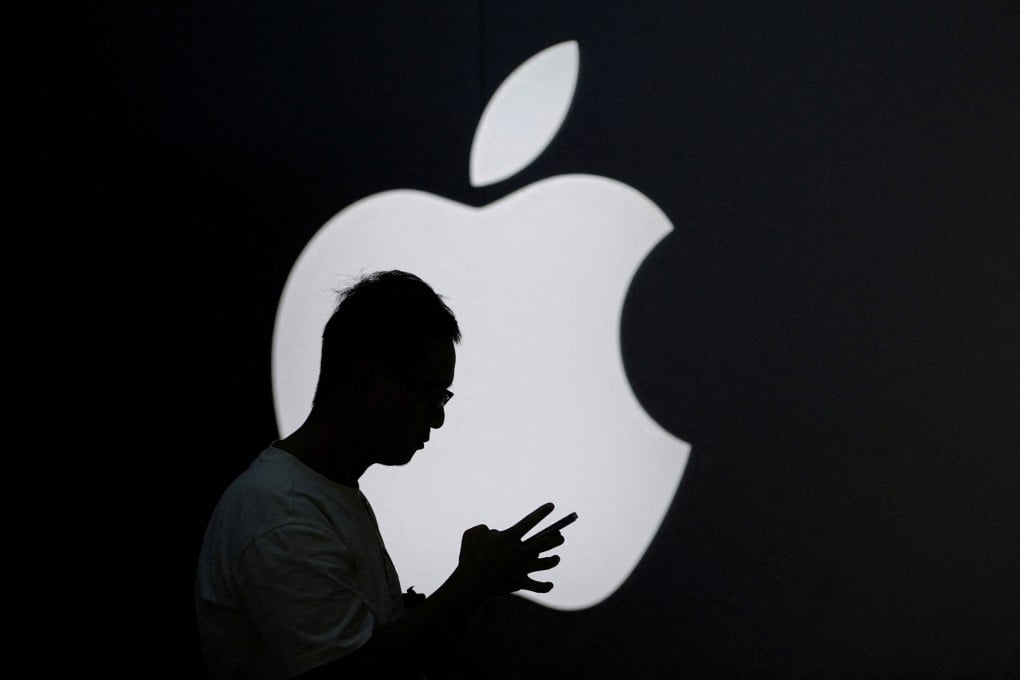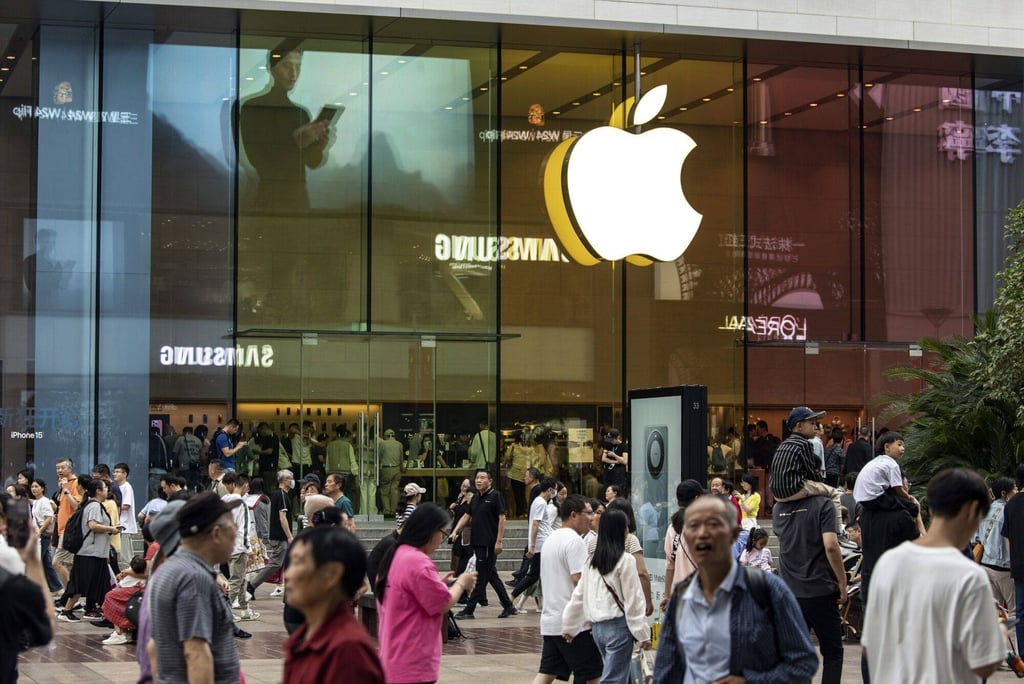Advertisement
Apple’s compliance with China app rules plugs censorship loophole, creates new obstacles for developers
- Toughened requirements on which apps Apple can offer in China are set to make it difficult for locals to download Instagram, YouTube
- The rule affects not just censored foreign apps, but also apps that target Chinese users, but do not have local operations
Reading Time:4 minutes
Why you can trust SCMP

Apple’s move to require developers to apply for Chinese government licensing before their apps can be made available in its app store in the country will close one of Beijing’s censorship loopholes, but also make life harder for developers, according to analysts and users.
Advertisement
For many years, users like Alex, a 28 year old in southern China’s Guangzhou city, have bought iPhones to regularly browse Instagram and YouTube, apps that are blocked by China’s “Great Firewall”, but downloadable from the Chinese iOS store. By using a virtual private network (VPN), Alex was able to access content on those apps.
While VPNs are increasingly hard to find in China, Alex, who declined to disclose his full name for fear of prosecution, said the effort is worth it because it allows him to experience a more diverse set of views and information than he can get from local apps.
Alex’s discreet hobby is not uncommon. Banned foreign apps commonly rack up millions of downloads on the mainland Chinese iOS Store, often by younger demographics seeking to connect overseas or circumvent web censorship.
During widespread protests in China over pandemic restrictions late last year, X – formerly Twitter – and Telegram briefly became two of the country’s top trending apps. In 2023, Google Chrome has led the pack so far, already downloaded about 7 million times, while Instagram and X both reached 5 million downloads, according to data from app market intelligence provider Sensor Tower.

But iPhone users in China could soon lose this virtual window. Following the country tightening its app regulation last year, Apple has recently begun asking app developers targeting mainland users to show proof of licensing from local internet regulators, in the US giant’s latest move to comply with censorship laws in one of its most lucrative markets.

Advertisement